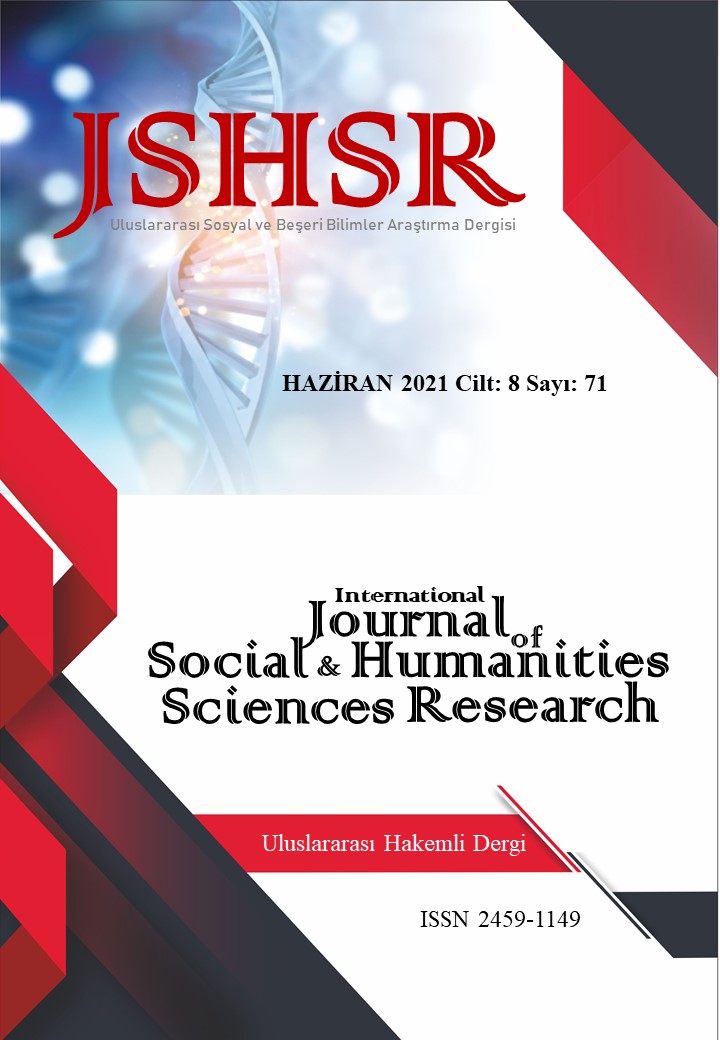THE EFFECT OF LEADERSHIP STYLE ON ORGANISATIONAL PERFORMANCE PERCEPTION: A RESEARCH IN AZERBAIJAN TELECOMMUNICATION SECTOR
DOI:
https://doi.org/10.26450/jshsr.2490Keywords:
Leadership, Organisational Performance Perception, Azerbaijan Telecommunication CompaniesAbstract
The effect of leadership style on organizational performance perception has always been evaluated by several researchers. In modern management, an awareness of the importance of leadership style and understanding the possibilities to influence employees is of great practical importance. This explains the importance of studying the leadership style phenomenon. The aim of this study is to examine the effect of leadership style on organizational performance perception in telecommunications companies in Azerbaijan. The most important aim of the study is to reveal the concepts of leadership style, organizational performance perception and reveal the effect of leadership styles on organizational performance perception. The universe of this study consists of telecommunication companies operating in Azerbaijan. The sample of the study is Azercell, Bakcell, and Nar companies in Azerbaijan. Questions related to leadership styles were translated into Turkish based on Clark's ’Leadership Style Scale ve and presented to the participants. The questionnaire consisted of two parts which included judgments about the demographic characteristics of the participant and the leadership styles of the managers and consisted of 34 questions in total. The questions related to organizational performance were designed by utilizing the General Social Questionnaire module of the National Organizations Survey which was established by the National Science Foundation in 1991 and consists of 11 questions in total
Downloads
Published
How to Cite
Issue
Section
License
Copyright (c) 2021 INTERNATIONAL JOURNAL OF SOCIAL HUMANITIES SCIENCES RESEARCH

This work is licensed under a Creative Commons Attribution 4.0 International License.


